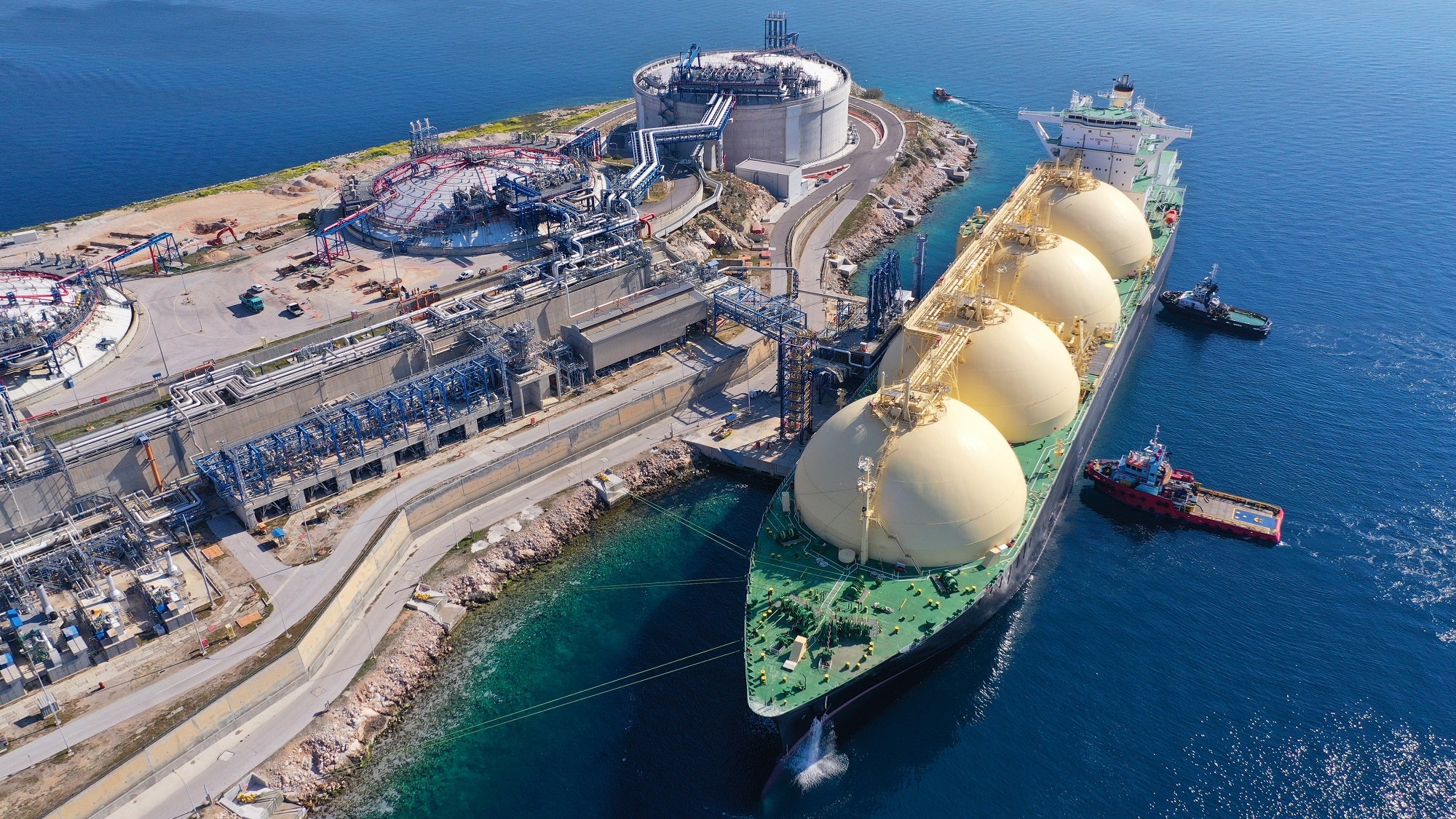
Indian Government-backed gas supplier GAIL is set to close a liquefied natural gas (LNG) supply deal with Qatar, reported Reuters, citing sources.
The potential deal will see GAIL buy one million metric tonnes of LNG annually for more than 20 years.

Discover B2B Marketing That Performs
Combine business intelligence and editorial excellence to reach engaged professionals across 36 leading media platforms.
The agreement would form a component of GAIL’s aim to secure new supply contracts by 2030 to diversify its gas imports and protect against supply disruptions.
Last year, GAIL was forced to reduce gas sales because supplies under its long-term agreement with the German division of Russia’s Gazprom were impacted when Berlin took control of it and diverted volumes to its market.
Requests for comments were not answered by GAIL or QatarEnergy.
If signed, the deal would be second between an Indian company and Qatar.

US Tariffs are shifting - will you react or anticipate?
Don’t let policy changes catch you off guard. Stay proactive with real-time data and expert analysis.
By GlobalDataEarlier this week it was reported that Petronet LNG, which is partly owned by GAIL, is looking to extend its long-term gas supply contract with Qatar beyond the 2028 end date.
Under the terms of the existing contract, Petronet purchases 8.5 million tonnes of gas from Qatar each year at a price that is based on a slope of 12.67% of Brent crude oil and $0.50 (QR1.82) per million British thermal units.
One of the sources stated that a deal with GAIL would increase the likelihood of Petronet’s contract being renewed at a cheaper price.
India aims to sign the two agreements by the end of September this year.
According to GAIL’s head of finance, Rakesh Jain, the company intends to purchase an additional seven to eight million tonnes per annum of LNG by 2030.
However, it does not wish to rely on any one nation for more than one million to two million tonnes per annum of that amount, in order to reduce the danger of a sudden disruption.



